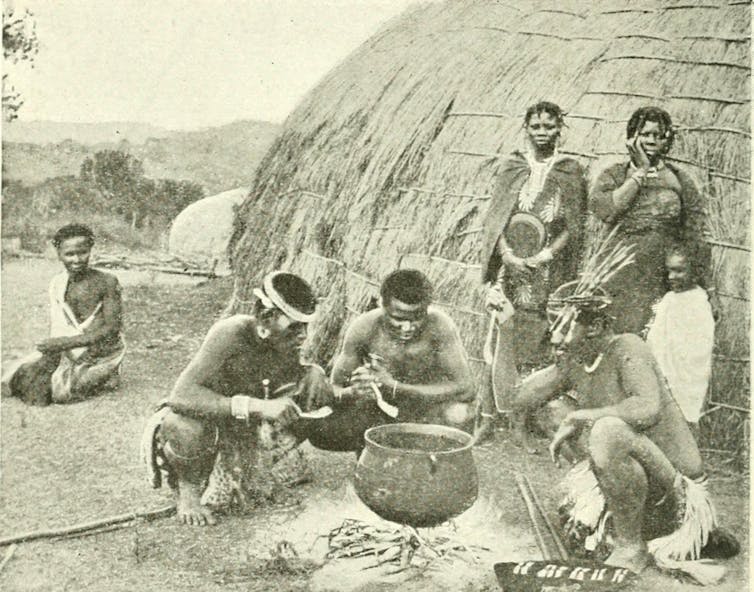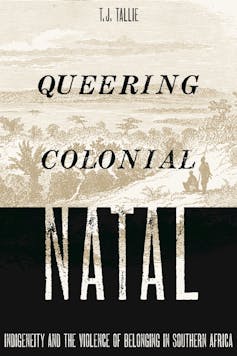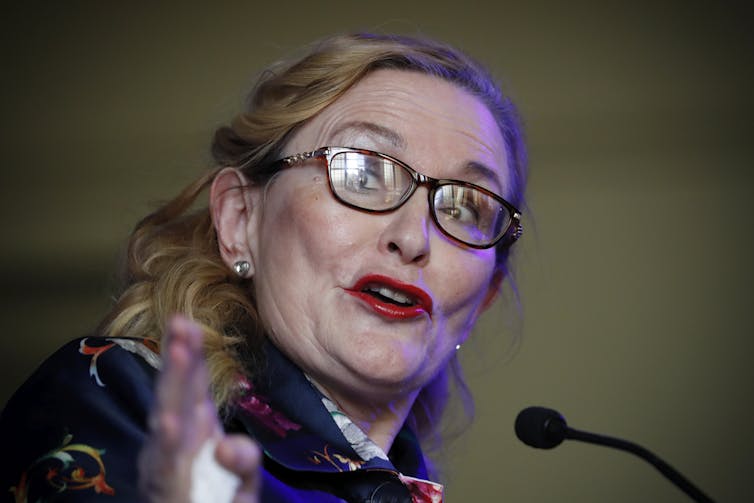
Behavioral science has ideas about how to keep on track beyond January.
duchic/Shutterstock.com
It’s that time of year when people make their New Year’s resolutions – indeed, 93% of people set them, according to the American Psychological Association. The most common resolutions are related to losing weight, eating healthier, exercising regularly and saving money.
However, research shows that 45% of people fail to keep their resolutions by February, and only 19% keep them for two years. Lack of willpower or self-control is the top cited reason for not following through.
How can you increase your willpower and fulfill your New Year’s promise to yourself? These seven strategies are based on behavioral science and my clinical work with hundreds of people trying to achieve their long-term goals.
1. Clarify and honor your values
Ask yourself why this goal matters to you. Do you want to lose weight because you value getting in shape to return to a favorite pastime of hiking, or because of societal expectations and pressures? People who are guided by their authentic values are better at achieving their goals. They also don’t run out of willpower, because they perceive it as a limitless resource. Figure out what makes you tick, and choose goals consistent with those values.
2. Frame goals and your life in positive terms
Focus on what you want to accomplish, not what you don’t. Instead of planning not to drink alcohol on workdays during the new year, commit to drinking your favorite sparkling water with Sunday to Thursday evening meals. Struggling to suppress thoughts takes a lot of energy, and they have a way of returning to your mind with a vengeance.
It also helps to reflect on the aspects of yourself and your life that you are already happy with. Although you might fear that this will spur complacency and inaction, studies show that gratitude and other positive emotions lead to better self-control in the long run.
3. Change your environment to make it easier
Research suggests that people with high willpower are exceptionally good at arranging their environment to avoid temptations. So, banish all credit cards from your wallet if your goal is to save money. And don’t keep a bowl of M&M’s at your work desk if you intend to eat healthy.

Surround yourself with people who share your goals.
Luis Quintero/unsplash, CC BY
If your coworkers regularly bring sweets to work, ask them to help you with your goals (they might get inspired to join in!) and bring cookies only for special occasions. Supportive friends and family can dramatically increase your chances of achieving your resolutions. Joining a group whose members practice behaviors you’d like to adopt is another great way to bolster your willpower, because having role models improves self-control.
4. Be prepared with ‘if-then’ strategies
Even the best resolution falls apart when your busy schedule and exhaustion take over. Formulate a series of plans for what to do when obstacles present themselves. These “if-then” plans are shown to improve self-control and goal attainment.
Each time you wake up in the middle of the night craving candies or chips, you can plan instead to read a guilty-pleasure magazine, or log into your online community of healthy eaters for inspiration, or eat an apple slowly and mindfully, savoring each bit. When you’re tired and about to skip that gym class you signed up for, call your supportive sister who is on standby. Anticipate as many situations as possible and make specific plans, vividly imagining the situations and what you will do in the moment.
5. Use a gradual approach
When you embark on a new goal, start small and build on early successes. Use one less spoonful of sugar in your coffee. Eventually, you might be able to forgo any sweeteners at all. If resisting that muffin initially proves to be too hard, try waiting 10 minutes. By the end of it, your urge will likely subside.
You might be surprised to realize that change in one domain of life – like abstaining from sweet processed foods – tends to spread to other areas. You might find you are able to bike longer distances, or moderate your caffeine intake more easily.

If it feels like the payoffs are in the distant future, you can plan a small gift for yourself along the way.
shurkin_son/Shutterstock.com
6. Imagine rewards and then enjoy them
Picture the feeling of endorphins circulating through your body after a run, or the sun on your skin as you approach a mountain summit. Pay attention to all your senses: smell, sight, hearing, touch and taste. Visualizing rewards improves your chances of engaging in the activity that results in them.
If it’s hard to imagine or experience these rewards in the beginning, decide on small, meaningful gifts you can give yourself until the positive effects of the new behaviors kick in. For example, imagine yourself taking a half-day off work each month after you pay down your credit card debt: visualize exactly what you would do and how you would feel. And then do it.
7. Be kind to yourself, even during setbacks
Most people believe the way to increase willpower is to “whip oneself into shape,” because being kind to oneself is indulgent and lacks self discipline. But the exact opposite is true – people who harshly blame themselves for even small willpower failures tend to do worse in accomplishing their goals in the long run.
Try self-compassion instead. Cut yourself some slack and remember that being human means being imperfect. When you fall for that doughnut, don’t despair, and don’t throw in the towel. Treat yourself with care and understanding and then recommit to your goal the following day.
Remember, you aren’t likely to achieve your New Year’s resolutions by being self-critical and hard on yourself. Instead, boost your willpower through a series of small and strategic steps that will help you succeed.
[Deep knowledge, daily. Sign up for The Conversation’s newsletter.]
Jelena Kecmanovic, Adjunct Professor of Psychology, Georgetown University
This article is republished from The Conversation under a Creative Commons license.




